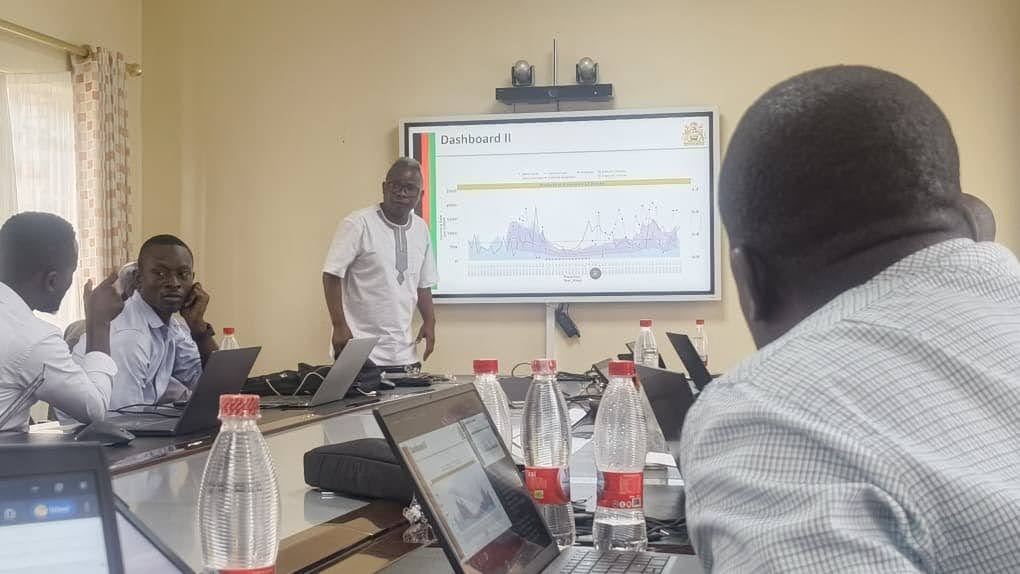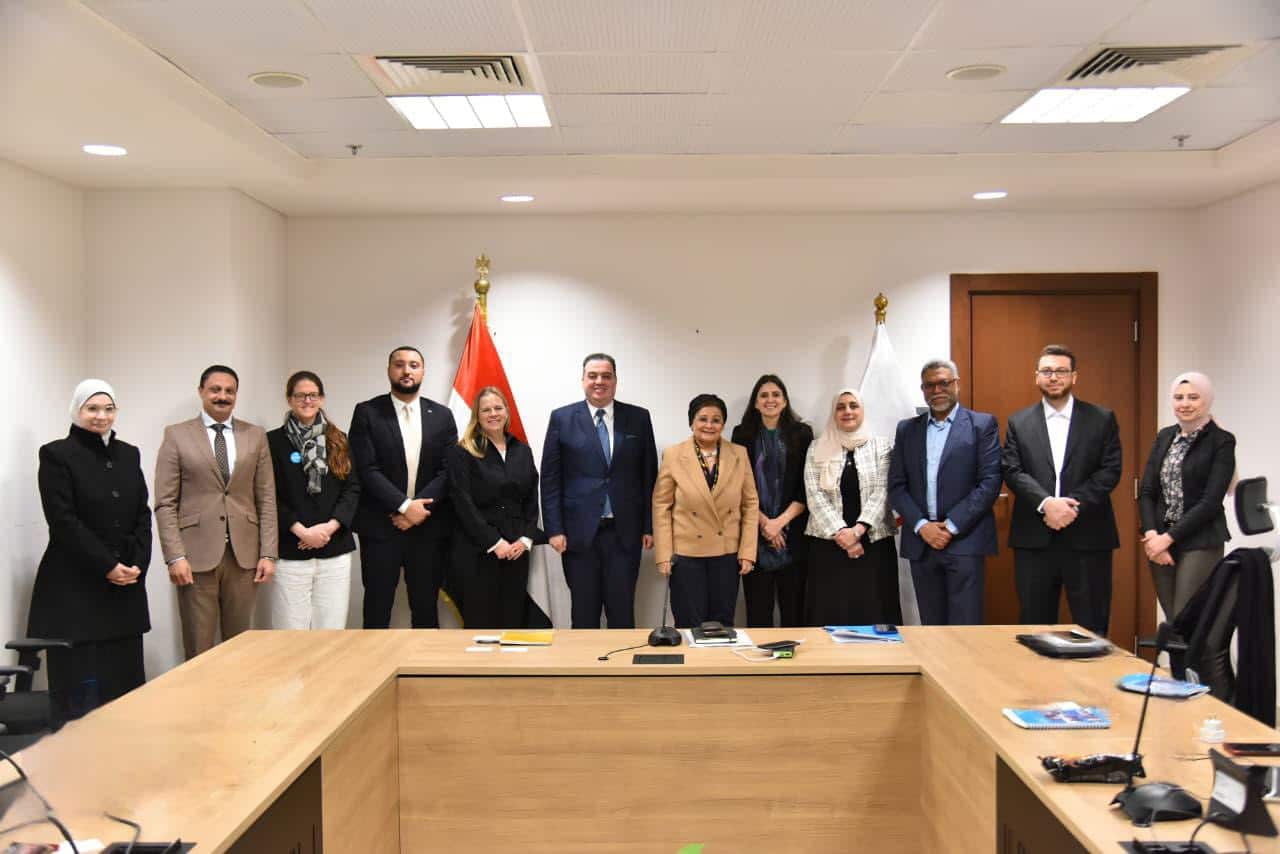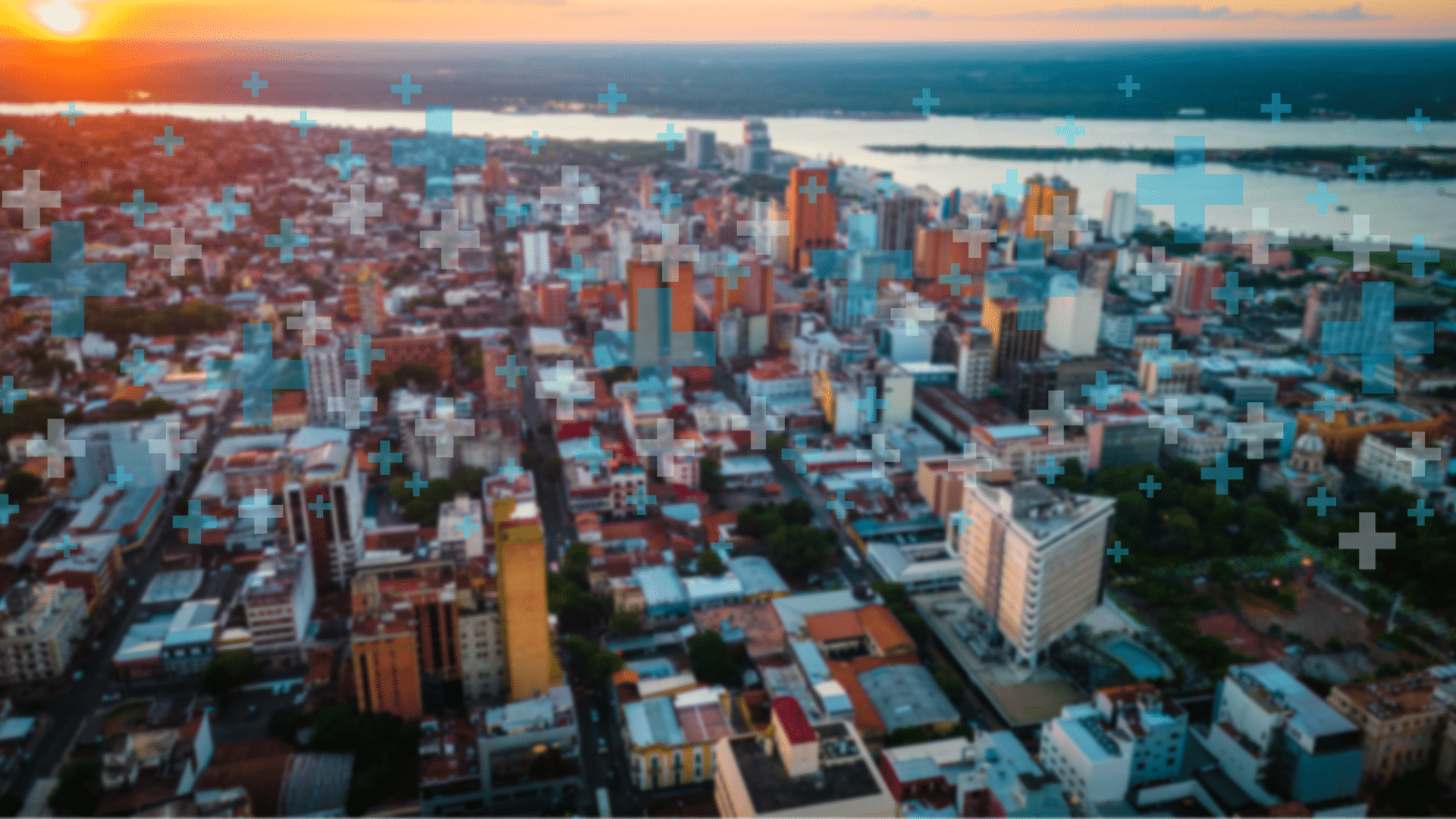The DHIS2 Annual Conference takes place from 15-18 June 2026! Learn more
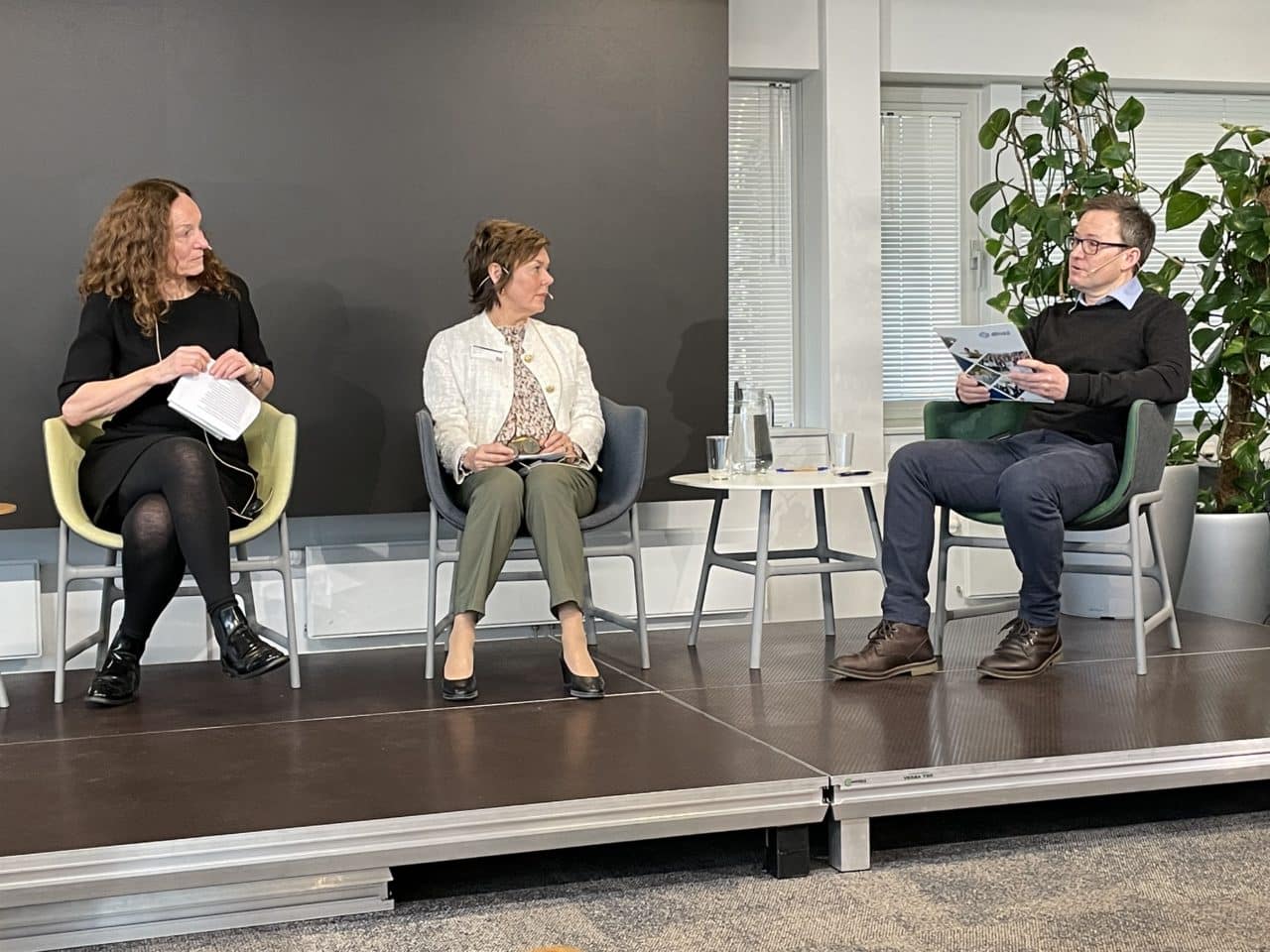
DHIS2 News: HISP Centre joins high-level panel discussion on health system strengthening in LMICs
Norad hosted a discussion with Gavi and others on how immunization programs and lessons learned from COVID-19 response can support resilient and effective health systems
On 23 March, Ola Titlestad, Deputy Director of the HISP Centre at UiO and head of the global DHIS2 implementation team, joined Seth Berkley (CEO of Gavi, the Vaccine Alliance), Camilla Stoltenberg (Director General, Norwegian Institute of Public Health) and Annette Abelsen (Director, Section for Global Health and Education, Norwegian MFA) for a panel discussion on how immunization programs contribute to health system strengthening in low and lower middle-income countries.
In opening the event, Mr. Berkeley spoke about Gavi’s work supporting vaccine delivery before, during and after the COVID-19 pandemic, emphasizing the impressive milestones that had been reached in low- and middle income countries through vaccination programs: “For me, the most important statistic is that we have seen a 70% reduction in vaccine preventable diseases, which has contributed to a 50% reduction in under-5 child mortality… so I think it has been a very, very powerful effort.”
He acknowledged that there had been several challenges in the COVID vaccine delivery through the global COVAX collaboration, but that there had also been significant achievements, due in large part to the strength of preexisting health systems. “The systems that were built delivered three times the number of vaccines in 2021 (than in 2020),” he said. “This is an extraordinary statistic, because it wasn’t outside systems, it was country systems doing this, and it showed how resilient those systems really were.”
In introducing Ola Titlestad from the HISP Centre, the panel’s moderator described DHIS2 as “A practical tool that can hopefully help us in tackling these challenges” in strengthening health systems in LMICs, and noted that investment in DHIS2 is different from other investments in the digital health space. Ola built on this comment, explaining that:
“A strong integrated health information system supporting Ministries of Health in monitoring the health of its population across all these programs and interventions is a critical pillar of health system strengthening. And DHIS2 since the beginning… has been designed to support this integrated approach to health information, to support the management of the health system at large, and not to be a technology to support only one disease or one silo.”
Ola Hodne Titlestad — Deputy Director, HISP Centre
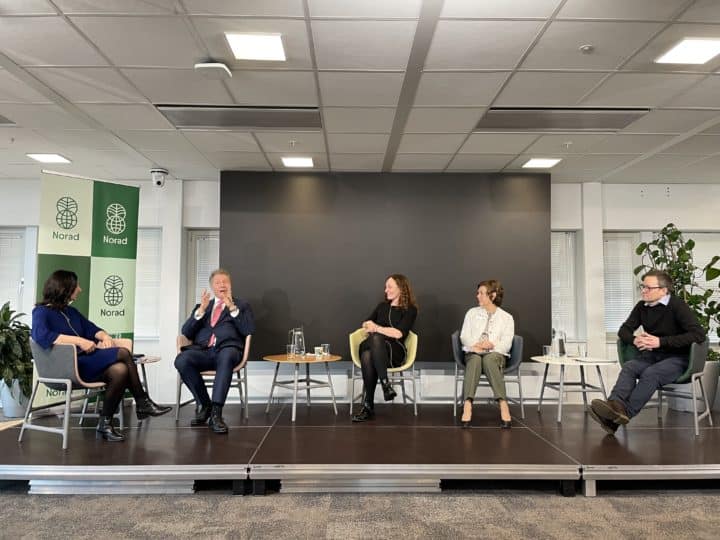
He further described how HISP is about much more than simply technology or DHIS2 as a software product. The HISP model, which is built on three interconnected pillars of software development, capacity building, and action research, has supported not only the implementation of DHIS2 in more than 70 countries, but local ownership and capacity to further adapt these systems to new demands and crises, thanks to the flexible, customizable and open-source nature of the platform. He then shared stories from Sri Lanka and Rwanda that illustrated how countries had been able to leverage existing DHIS2 systems and capacity to quickly deploy COVID-19 surveillance and vaccine delivery systems.
Mr. Berkeley supported this assessment of DHIS2 as a valuable tool. “It’s been very remarkable,” he said. “Both (Gavi) and the Global Fund have been supporting (DHIS2) because we see the power of it.” He described DHIS2 as a “diagonal” that both meets the needs of vertical health programs like immunization and strengthens the overall health system. The Gavi-supported DHIS2 Immunization toolkit is currently used by more than 40 countries to manage vaccination programs, which has contributed to their ability to effectively deliver routine immunization services and meet the challenges of vaccine delivery during the COVID pandemic. However, as Mr. Berkeley also noted, it does not make sense to separate out the conversation on supporting health programs like immunization from support for health systems as a whole. “Everything is about strengthening the health systems,” he said.
Watch a recording of this panel discussion on Norad’s YouTube channel.
